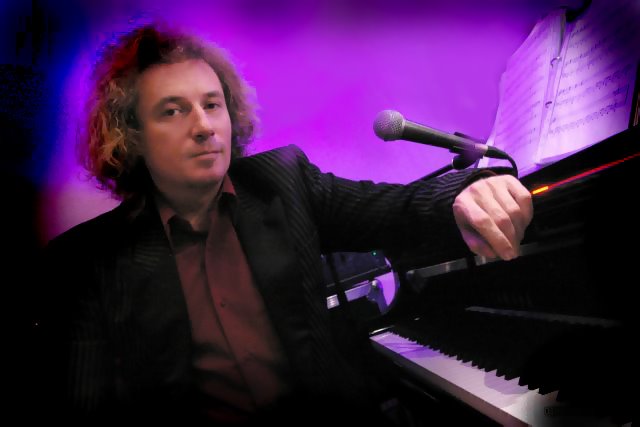
Guide to understand surreal Belgica and the mysterious soul of it's inhabitants.

Situation of the country
The "peaceful anarchism" of Brussels architecture may well be the feature that best characterizes Belgium as a whole. During its history of over 2000 years, the region has almost continuously been occupied by foreign powers: from the Romans to the Spanish, the Austrians, the French, the Dutch and the Germans. This has made the Belgians critical of any form of authority, and laws, rules and regulations are not taken very seriously (tax evasion is one of the national sports). This individualistic, anti-authoritarian attitude is perhaps best exemplified by the famous literary figure of Thyl Uilenspiegel, who mocked the Spanish authorities during the 16th century occupation.The governing of the country is very much complicated by the particular structure with three language communities (
Flanders in the North,
Wallonia in the South, and a tiny
German speaking region in the East), and the multilingual, multicultural and multinational status of Brussels. The language in Wallonia is French (although there still exists a not officially recognized "Walloon language"). The language in Flanders is Flemish, which is officially the same language as the Dutch which is spoken in Holland. In practice, the differences between Flemish and Dutch (mostly pronunciation, also vocabulary and expressions) are comparable to the differences between British and American English, and are just big enough so that Dutch TV sometimes add subtitles to Flemish spoken movies. Although Brussels is surrounded by Flemish territory, the majority there speaks French. Flanders comprises about 55% of the 10 million of Belgian inhabitants, Brussels 10 % and Wallonia the remaining 35%.
There have been a lot of political conflicts between the two main linguistic communities, but the language problem, which is the issue that has received most publicity outside Belgium, is (at least in my view) much less important than it seems. Since the federalization of the state the linguistic conflicts seem to have very much diminished, now that politicians are no longer capable to blame difficulties on the "other side". There have never been any real conflicts between Belgian (Walloon and Flemish) people, as opposed to conflicts between Belgian politicians. The best illustration of that is that even during the most heated episodes, no one has ever been killed or seriously injured in clashes connected with the linguistic conflict. It suffices to consider similar situations in other countries where conflicts exist between cultural or linguistic communities (e.g. Yugoslavia, Canada, Northern Ireland) to conclude that such peacefulness is not the common rule.
Belgium has, since the Middle Ages, always been one of the richest and most developed regions in the world. Just look at the historic churches, town halls, and pieces of art, in cities such as Brussels, Ghent, Bruges, and Antwerp to get an idea of the wealth during the mediaeval and Renaissance periods, when only the North of Italy could rival its splendour and artistic development. During its second golden age, the half century before World War I, Belgium was in absolute terms the fourth economic power in the world. If you take into account that the other industrial powers had a 5 to 10 times larger population, the achievement is impressive. This wealth was not due to natural resources, which are practically absent, but to industrial production and trade, which is facilitated by Belgium's central position in Western Europe, and the presence of many land and waterways.
Although it is fashionable in some quarters to view Belgium as an "artificial state", put together by the European powers after Napoleon's defeat, history shows that the region which is now called Belgium has been almost continuously under a single rule since at least the 16th century, when it got separated from Holland during the reformation. Before that period (and for a few years after the defeat of Napoleon), Belgium and the Netherlands were united, forming the "Low Countries", a remainder of the third, central part of the Frankish empire, Lotharingia, that formed a corridor between France and Germany. There has historically never been a clear split between the Walloon and Flemish provinces. Insofar that there was a division in counties and duchies (Flanders, Brabant, Liège/Limburg, ...), the divide was East-West rather than North-South as it is now. (this is clearly seen on a set of historical maps of the wider German region). The "Flemish" painters and polyphonists who were famous throughout Europe in the Middle Ages and Renaissance often were of Walloon origin (for example the painter Rogier Van der Weyden/Rogier de la Pasture and the composer Josquin des Prés).

No comments:
Post a Comment